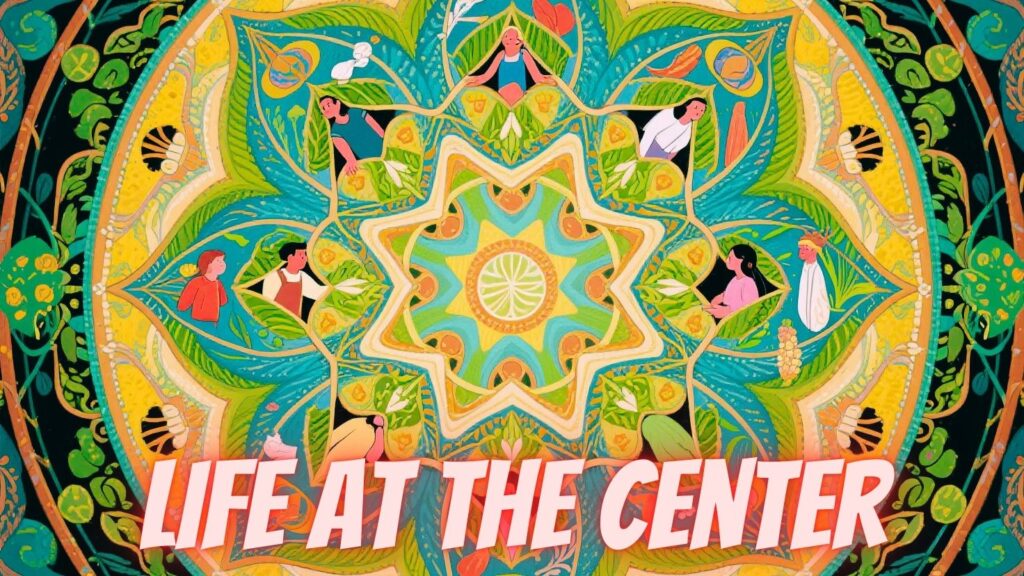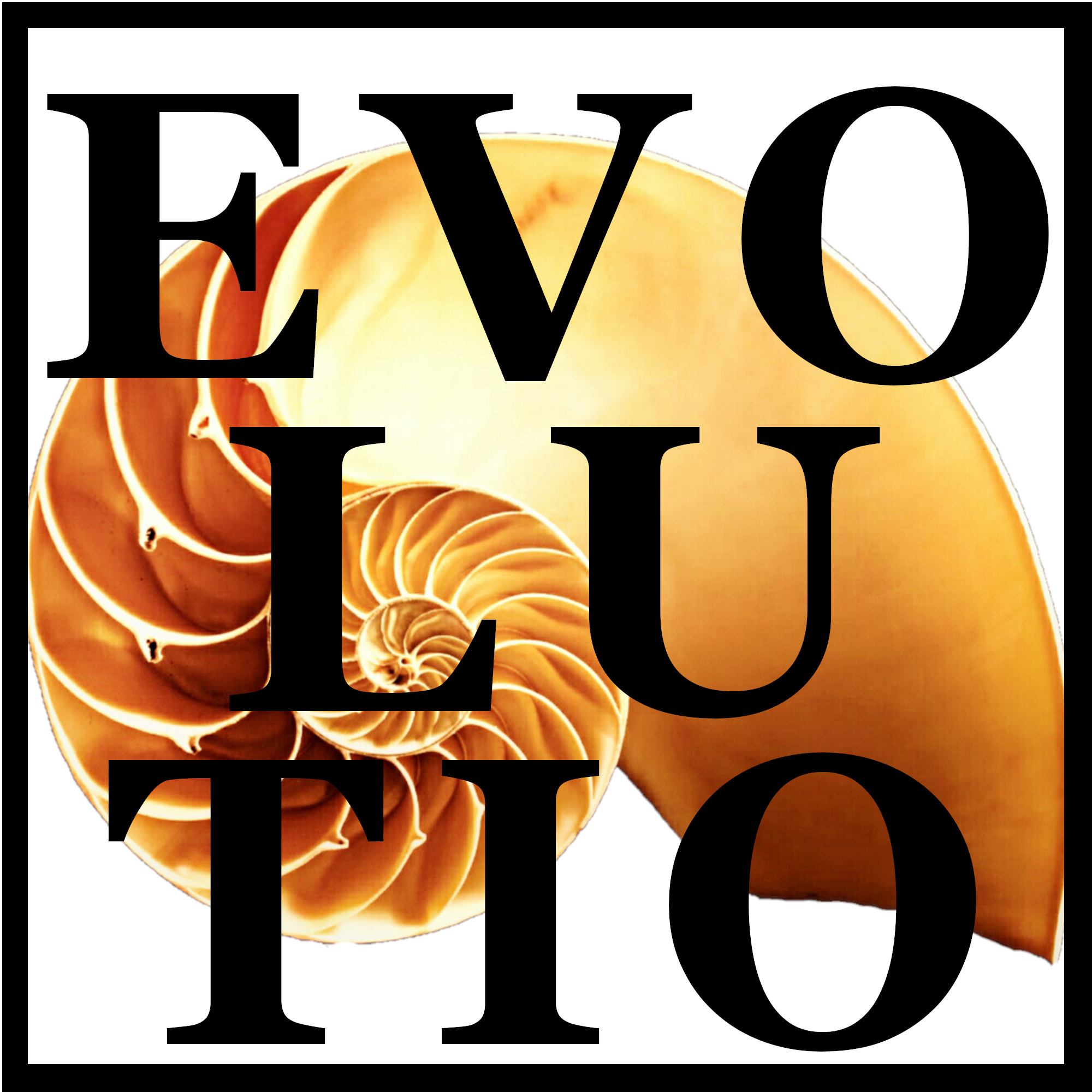
Life at the Center: A Radical New Paradigm Beyond “Survival of the Fittest”

For centuries, human civilization has revolved around a single gravitational center: the economy.
Production, consumption, efficiency, profit—these became the sacred metrics of existence. The invisible hand of the market replaced the living hand of nature. What should have been at the heart of our being—life itself—was exiled to the margins.
To put life at the center is to reverse this order of priorities. It is to ask:
What if every aspect of society—science, politics, education, economy—were organized not around accumulation, but around the conditions for life to flourish?
This question marks a civilizational turning point. It challenges the deepest myths of modernity, from the “struggle for existence” to the “survival of the fittest”. These ideas, born in a particular historical and ideological context, became naturalized as universal truths. But they are not laws of life—they are stories of domination disguised as science.
The Myth of the Struggle
When Charles Darwin introduced natural selection, it was not merely a biological hypothesis. It became a cultural paradigm. In the industrial 19th century, the notion of competition as the motor of progress fit perfectly into the emerging capitalist worldview.
Yet biology itself has moved far beyond that reduction. From Lynn Margulis’s symbiogenesis to Elisabeth Sahtouris’s living systems theory, we now know that cooperation, not competition, is the deeper law of life. The “fittest” are not those who dominate, but those who integrate, adapt, and coexist.
Still, our social systems continue to reflect outdated metaphors. We justify inequality as “natural”. We sanctify competition as “progress”. We design economies as if scarcity were the basic law of existence—when in fact, life thrives on reciprocity, abundance, and regeneration.
Reclaiming Life’s Logic
To place life at the center means recovering what ancient and Indigenous worldviews never lost: that life is the measure of all things. It means shifting from market logic to life’s logic.
Life’s logic is not linear, extractive, or mechanical. It is cyclical, relational, and emergent.
It seeks balance, not maximization; mutual flourishing, not domination.
It knows that what sustains the whole sustains each part.
In this light, the question is not how to grow economies, but how to grow ecosystems of meaning and care.
Not how to compete better, but how to cooperate more intelligently.
This is not idealism—it is realism at a higher level. Every system that ignores life’s relational logic eventually collapses. Our ecological and social crises are symptoms of that disconnection.
Beyond Utopia: Toward a Living Paradigm
To envision a life-centered civilization is not to dream of an unreachable utopia—it is to recognize an evolutionary necessity. Life itself is demanding this shift. We are witnessing not the end of history, but the unfolding of a new phase in evolution: one in which humanity must learn to evolve consciously.
This new paradigm calls us to reimagine:
- Science as a participatory dialogue with life, not a mechanism of control.
- Education as a cultivation of consciousness, not a production of workers.
- Economy as metabolism, not machinery.
- Politics as collective care, not power struggle.
Such a vision may seem radical—but it is simply life reclaiming its place at the center of thought, culture, and civilization.
A Call for Re-rooting
The challenge of our time is not merely ecological—it is ontological.
We must rediscover what it means to be alive within the living whole.
To put life at the center is to restore our participation in the unfolding of being.
It means recognizing that the human story is not separate from nature’s story—that consciousness itself is a way life explores its own potential.
When we remember this, the question of survival gives way to the question of flourishing. The question of profit gives way to the question of meaning. And the question of progress becomes: Are we deepening life, or diminishing it?
The Evolution of Evolution
To evolve now is not to compete, but to cooperate with evolution itself.
This is the great shift—the unfolding beyond “survival of the fittest” toward the thriving of the whole.
At EVOLUTIO, this is the work we are devoted to:
Building a transdisciplinary science rooted in life’s own principles—holistic, relational, and integrative.
A science of unfolding, not control.
A science that serves life.
Because the time has come to remember the most fundamental truth of all:
Life is not a resource. It is the reason.
Read the full 2018 paper: Life: the Center of our Existence
🌱 Join our movement to put life at the center
👉 Subscribe to The Unfolding for essays exploring the future of science, life, and consciousness:
🎥 Watch the full video on our YouTube channel: https://www.youtube.com/@evolutiocenter
🌾 Explore EVOLUTIO: https://www.evolutio.ar—a new vision for a life-centered science.
🌻 Support us on Patreon to nurture independent research and free-thinking inquiry: https://www.patreon.com/evolutio
